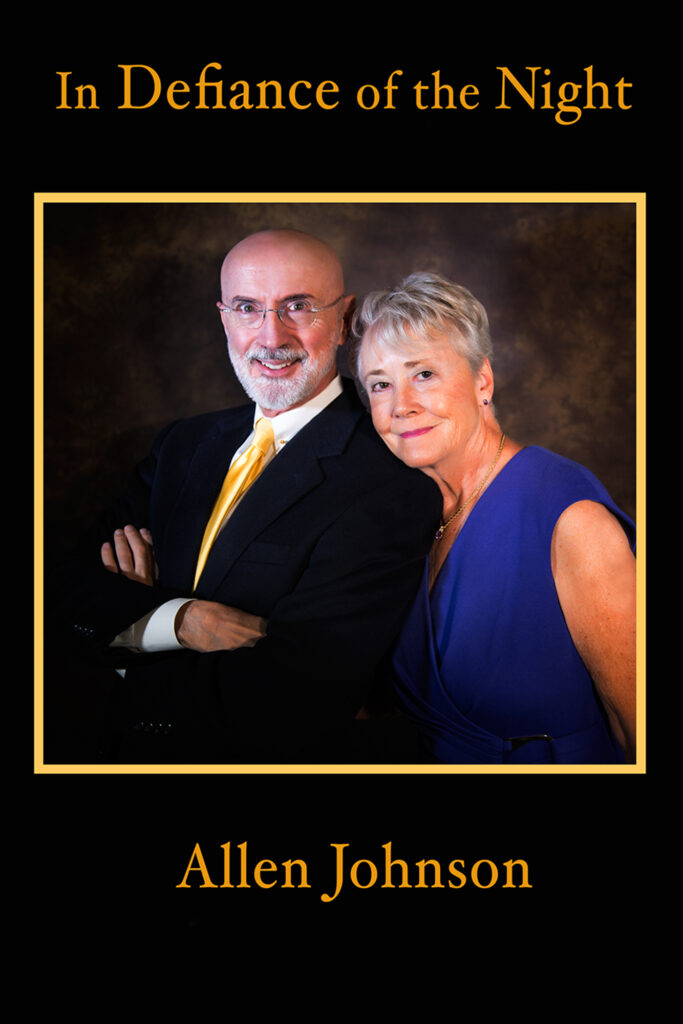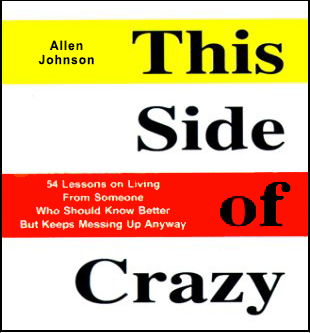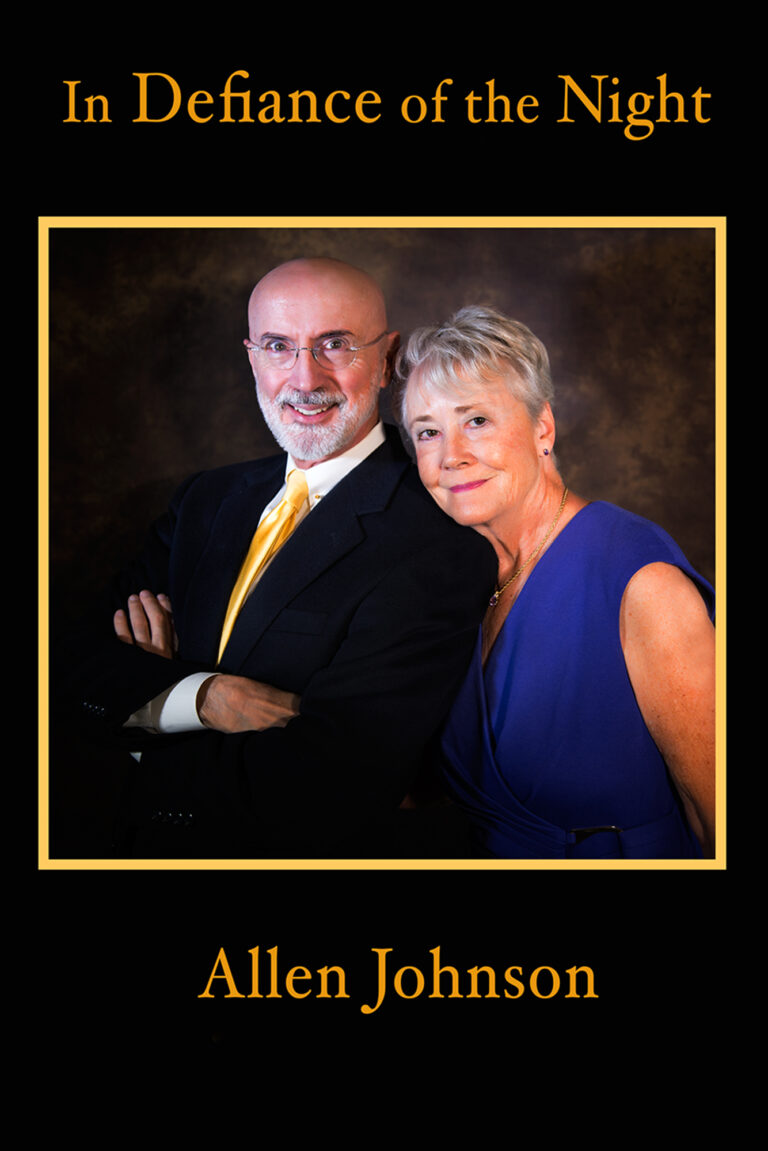The first time I entered the Kadlec Cancer Center in Kennewick, Washington, I was immediately drawn to a no-name baby grand piano. I drew the bench out and played a couple of choruses of Nita’s favorite hymn, “Sweet Hour of Prayer.”
Although the piano was terribly out of tune and the voicing ranged from honky-Tonk to off-key clanks, the gripping lyrics that played in my head forgave the piano’s faults.
Sweet hour of prayer! Sweet hour of prayer!
That calls me from a world of care,
And bids me at my Father’s throne
Make all my wants and wishes known.
In seasons of distress and grief,
My soul has often found relief,
And oft escaped the tempter’s snare,
By thy return, sweet hour of prayer!
Music and lyrics by William W. Walford, 1845
I played softly, coaxing out the melody over my alternate jazz chords.
When I had stopped, allowing the overtones to drift across the long hall, I gently glided my fingertips across the fall board. “Thank you, old timer,” I whispered. “You still have a few notes left in your body of harp and harmonics.”
I almost thought the piano was speaking to me when a shadow fell across the keyboard. I looked to the side and found the smiling face of Kim. She was a cheerful woman who worked in an office around the corner where blood was drawn to determine each patient’s suitability to receive another chemo infusion.
Kim’s eyes were pooled with tears. She took my hand. “Thank you, Allen,” she said. “You’re the medicine I needed.”
I gazed into Kim’s eyes. “You’re hurting,” I said.
She lowered her head. “It’s hard,” she managed to say but not without a catch in her throat.
After a pause, I stood, hugged her, and said, “More power to you, my sweet Kim.”
That was the very moment I decided I wanted to donate a decent grand piano to the Cancer Center.
***
I found the perfect instrument in Dickerson’s Tri-City Piano. It was a hundred-year-old Steinway grand piano, perfectly restored. The instrument begged to be played. I sat before the piano and allowed my fingers to caress the keys. What drifted out from the grand instrument was a tender cascade in the treble and rolling thunder in the bass.
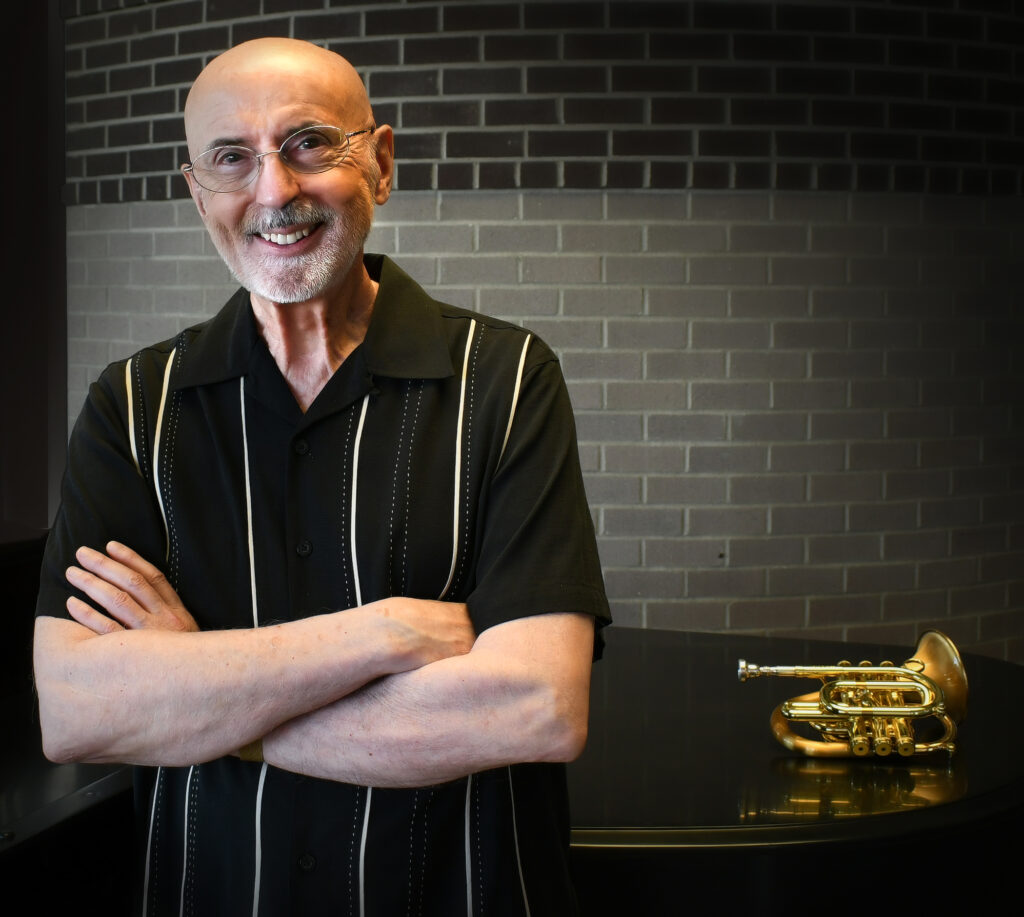
Yes, that was the piano I wanted for the Cancer Center.
I first thought the gift would be anonymous. After all, I wanted the competence and character of the staff celebrated, not my generosity. But when Lorie Lott, the Cancer Center Foundation manager, suggested a ribbon-cutting ceremony, I realized my voice of gratitude would have a larger audience if I stepped forward.
Three local television stations covered the story, and I was interviewed by all. A crowd of friends, patients, and staff gathered around the instrument. Although I was in pain, I ignored the stabbing throbs long enough to offer a twenty-minute concert.
The most difficult sequence of my performance at the Cancer Center—the moment my voice was rattled with tears—was when I read the last lines of Chapter 31 from In Defiance of the Night:
“When do you say goodbye to a lifelong partner? The answer is ‘never.’ You might as well ask me to say farewell to my eyes or hands. Impossible. Nita is no less attached to me. She will always be integrated into my soul—always the voice of wisdom, always the better part of me. Always Nita.”
After the first few words of that paragraph, I lost control. My throat squeezed shut, my chess was heaving. Although my voice was ragged, I managed to allow the last words to escape. I waited for the applause. There was none, and as I turned to the piano, I said, “This would be a good time to applaud.” And when they did, it was timid—the lightest pitter-pattering of rain.
Later in the day, I was thinking about my performance with my audience. I was speaking with my friend, Betty.
“I’m a professional,” I said. “I must always keep my emotions in check. When I lose control, I am unable to give full value to the words.”
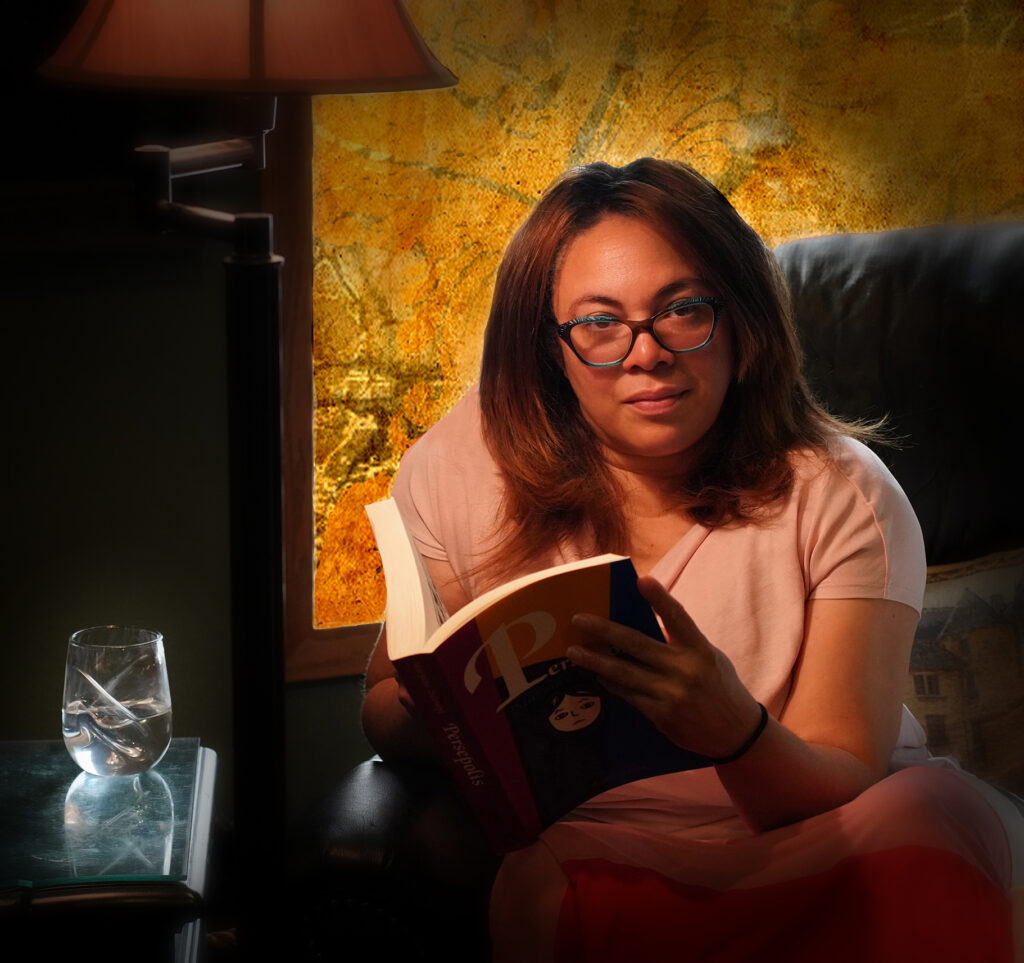
Betty sat close to my side. “Allen, you were a performer up until that last paragraph, and then you became a human being. Of course, there was no applause because they knew they were in the presence of something sacred.”
Suddenly, I was weeping. Betty was right. There are times I can perform, when I can be in the moment of pure joy. But I was wrong to think I had full control of that domain. In fact, I was out of control in all realms—my emotional, intellectual, spiritual well-being. I was human and, therefore, vulnerable.
The ceremony was now over. My last words underscored how generosity prompted more generosity.
“My friend, Paul Clayton, worked for hours on the initial tuning,” I said. “His work was splendid, eking out an even higher and lower stream of harmonics. And he offered his artistry for free.”
There was a round of applause.
“Not to be outdone, Lisa from Dickerson’s Piano agreed to keep the Steinway in tune for a decade—again, for free.”
And when it was done—every note played, every story told, every gift acknowledge—I embraced myself to bolster the load of gratitude in my heart . . . and smiled.

